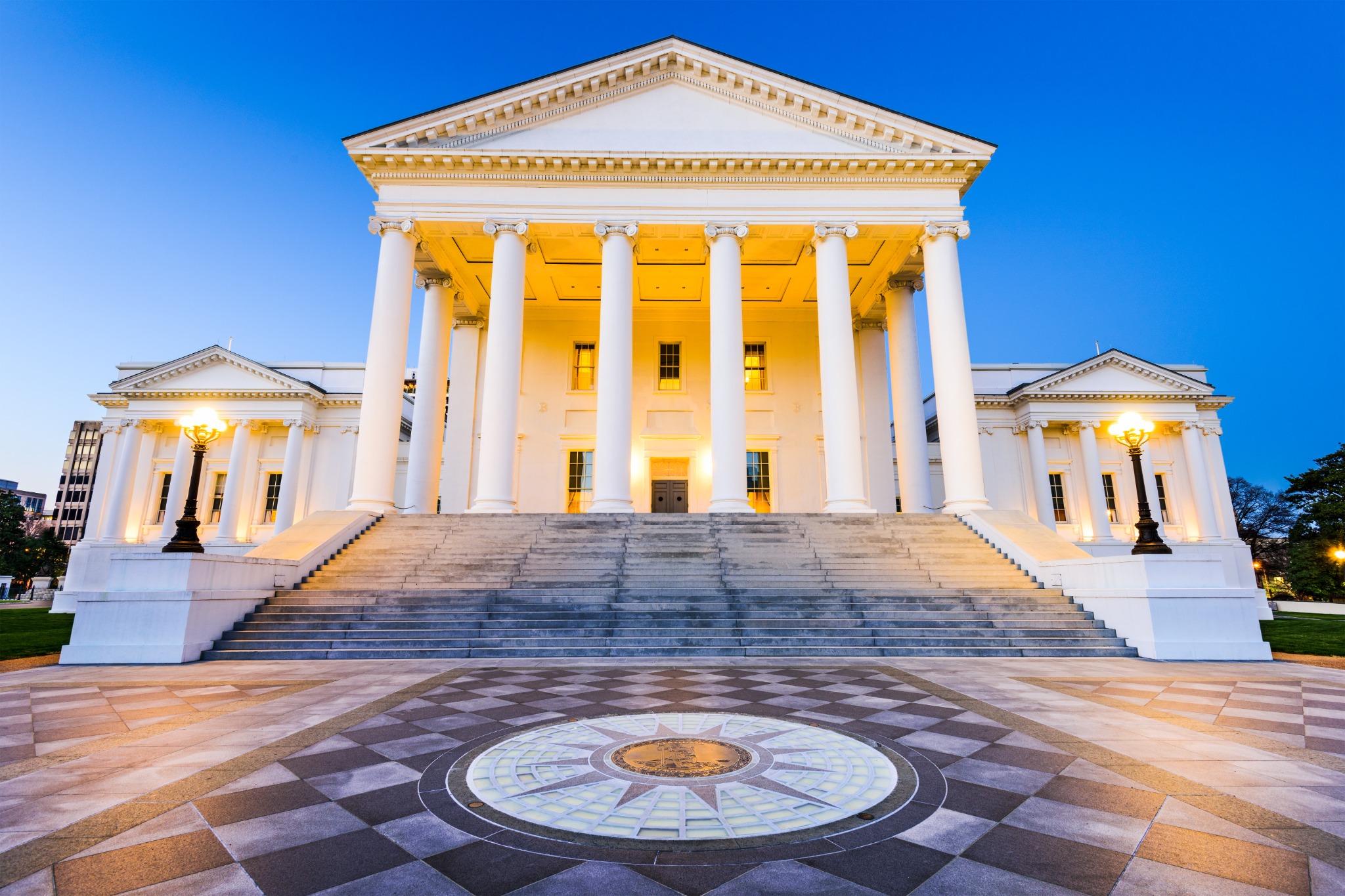
Virginia lawmakers to safeguard contraception access amid growing national concerns
At a Glance: Virginia legislators passed two key bills aimed at protecting contraception rights and ensuring affordability by requiring insurers to cover the full cost. As concerns over reproductive health rise following the reversal of Roe v. Wade, the bills seek to codify contraceptive access into state law. Governor Glenn Youngkin's response to the legislation is awaited, with potential religious exemptions adding tension to the debate.
Virginia lawmakers are taking steps to ensure contraception remains accessible and affordable in the state. The Virginia House of Delegates and Senate passed two key bills in February aimed at safeguarding contraception rights and removing financial hurdles by requiring insurers to cover the full cost.
These initiatives come following the U.S. Supreme Court's reversal of Roe v. Wade, a move that intensified the focus on reproductive rights across the nation. As of March, 14 states implemented some kind of legal protections to safeguard contraceptive rights, according to Kaiser Family Foundation (KFF), a nonprofit focusing on healthcare research and policy.
Denise Harrington, advocacy director at the League of Women Voters of Virginia, said the passage of these bills is a triumph.
“It's a great victory for it to be codified into law and understand that we recognize the importance of contraception to women's overall health, and respecting women's privacy," she said.
The first set of identical bills (SB237/HB609) dubbed Right to Contraception Act by the advocates, seeks to legally enshrine the ability to obtain and use any federally approved contraceptive method.
The Contraceptive Equity Act (SB238/HB819) would require health insurers to cover all FDA-approved contraceptive drugs and devices without imposing co-pays, cost-sharing, or coverage delays, thereby enhancing accessibility and affordability. This would also include over-the-counter options.
“When it comes down to contraception and body autonomy, we do not believe it is healthy, in a democracy, for the state to control women's bodies,” Harrington said.
Galina Varchena, director of policy at Birth in Color, a local maternal and reproductive health nonprofit, said these bills aim to protect what is “already mandatory by federal law by codifying it into Virginia’s state law."
Virginia's maternal mortality rate, consistently ranked among the worst 15 in the nation, highlights the urgency of these legislative efforts.
Nearly 700,000 women in Virginia are uninsured, according to the 2022 American Community Survey by KFF. More than 400,000 Virginia women live in “contraceptive deserts”, according to a 2020 study by Power to Decide, a national non-profit focused on preventing unplanned pregnancy.
“Not everybody has insurance plans that cover contraceptive services,” Varchena said. “And out of people who are not on insurance, not everyone can have access to Medicaid.”
This legislation also addresses growing concerns among reproductive rights advocates about the national landscape of abortion restrictions. These concerns intensified after Justice Clarence Thomas suggested that the court should "reconsider" the right to contraception following the Dobbs decision.
“When we see the outcome of Roe, I think folks are now more aware of the need to codify rights or protections for other forms of health care, like contraception, because we know that it's on the chopping block,” said Breanna Diaz, legislative and policy counsel at the ACLU of Virginia.
“This is an attack against our bodily autonomy,” she said. “We've seen it in the forms of efforts to ban contraception, we're seeing it in efforts to limit access to things like IVF and other methods of family formation. We're also seeing it in the form of gender affirming health care bans targeting trans youth and young adults.”
Some religious and socially conservative groups have expressed concerns, arguing that the bills infringe upon the conscience rights of medical providers who may object to offering contraception on moral or religious grounds.
Despite these objections, Diaz highlighted that "Virginia actually has a state Religious Freedom Act" that already provides robust exemptions. These contraceptive laws, if passed, need not conflict with religious freedom, she said.
As the bills now stand at a critical juncture, Gov. Glenn Youngkin's next moves are highly anticipated.
Youngkin recently returned the Contraceptive Equity Act to the Senate with proposed revisions, a move that has heightened attention on his upcoming decision regarding the Right to Contraception Act. With an April 8 deadline looming, Youngkin has the option to sign the bill, veto it, or suggest further amendments.
“We know that Governor Younkin has proposed very broad religious exemptions to the Contraceptive Equity Act,” Varchena said. “We don't know what he will do with the right to contraception. As Birth in color and along with our partners, we oppose that amendment. We hope the governor can sign the bill as it is, given that we feel that those protections are already approved.”
NOTE: Since reporting this news story, the two bills SB237/HB609 and SB238/HB819 were vetoed by Virginian Gov. Glenn Youngkin.
Feature Image credits: SeanPavonePhoto
Post a comment